“When my grandparents came over from Greece, they all got into the food business. My grandfather on my dad’s side stayed in New Hampshire and started a produce business. On my mom’s side, my grandfather started a series of restaurants.
They just kind of migrated this way, opening up restaurants along the way, and bringing people over from Greece to run them. When he got to Cambridge, it was a hopping little town back then, so that is where he stayed until he passed in 1961.
My dad was a chemical engineer at the time and so my mom’s brother took over the restaurant for about two or three years. But he was also a lawyer, so he didn’t have time to do both. My dad was getting transferred around with work, so instead he decided to move to Cambridge and take it over.
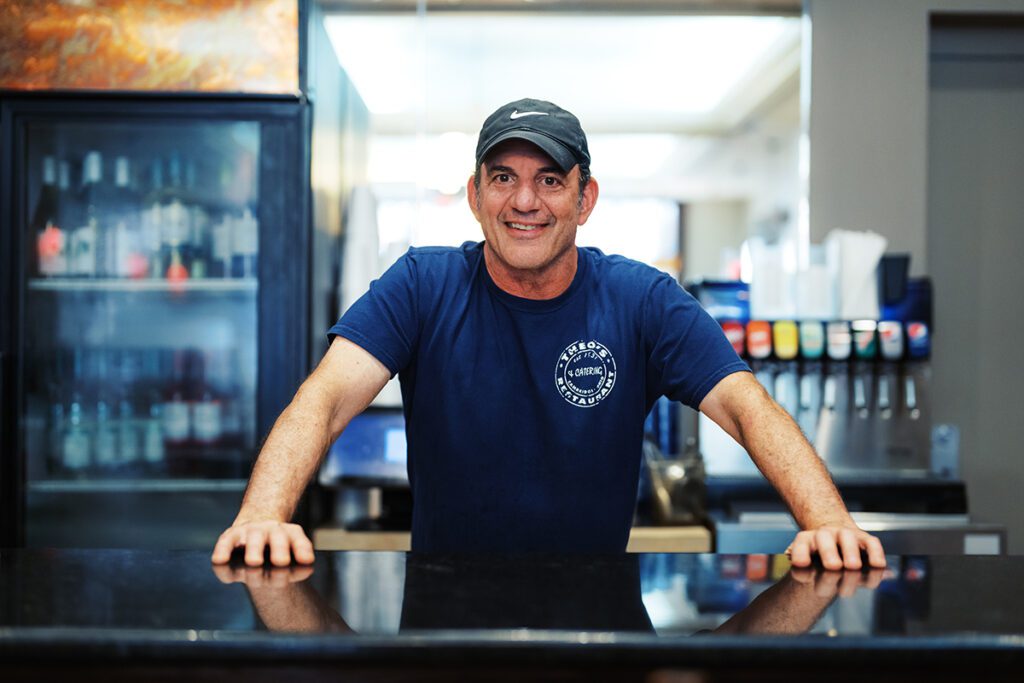
When Theo’s started in 1931, it was a 24-hour diner, on 40, the main highway going through the United States. By the time my dad took it over in 1963, it had changed a bit.
When my dad took over, I started working here. I was about seven. I helped out doing menial jobs like washing glasses, bagging up and weighing french fries, simple jobs. I didn’t mind it working as a kid, but I also didn’t really enjoy it, either. At that age, all your friends are out running around playing and not working, and you’d rather go play with them.
So, by the time I graduated high school, I couldn’t wait to get out. I went to college at Miami of Ohio and once I graduated, I moved to Columbus to work in finance and marketing. I stayed there for about three years, and I was on my way to Chicago working at the Board of Trade, when my dad called me up.
‘I really need somebody for a while at the restaurant,’ he said.
I’m thinking alright, this job can wait a bit and I can start at any time.
I came back…and found out that I really enjoyed it. And not only did I enjoy it, I was pretty good at it. So, I stuck around.
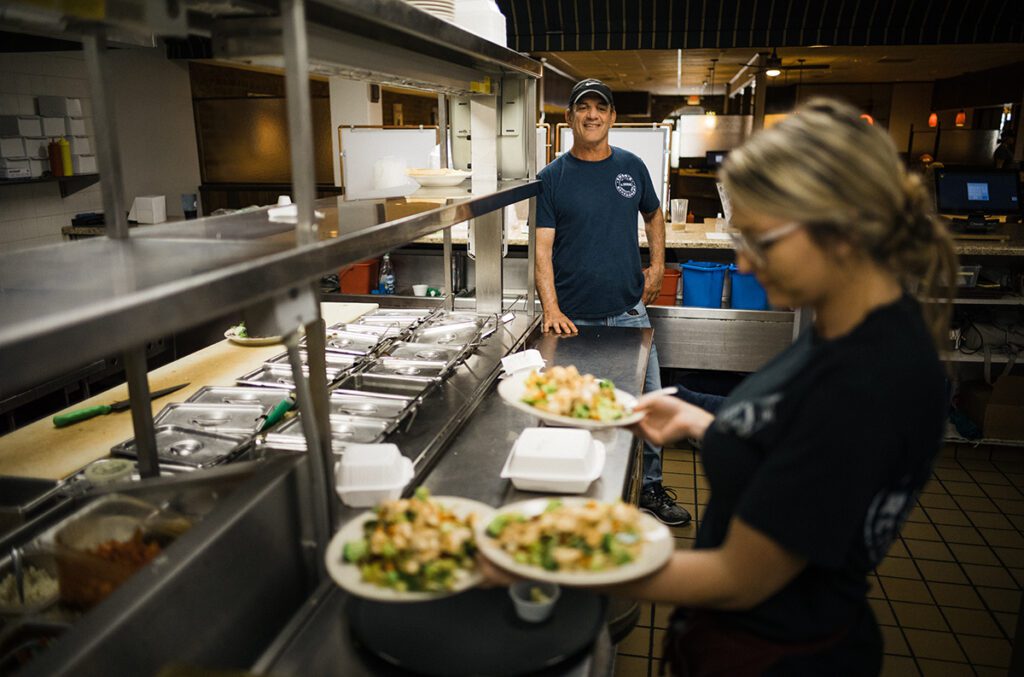
Unfortunately, about two years later, one of the guys who washed dishes burned the restaurant down. He was angry because we were really busy and my brother had yelled at him. His last job every night was to check the kegs in the basement and while he was down there, he started a fire.
He walked upstairs, drank his beer, and went home.
The fire burned the place to the ground. We were down for about 11 months but were able to rebuild a completely new building with a whole different atmosphere.
We reopened in 1986. By 1990, I was getting kind of bored and wanted my own place. So, something opened up in Marietta and I went down there with my brother for about five years.
It was running smoothly, and I was getting bored again.
I have two brothers. I left one brother down in Marietta and another brother came and we took over a restaurant called The Forum, which is in Cambridge as well. Again, after about three years, it was running smoothly and I was thinking this place isn’t big enough for the both of us.
My dad was also getting older about that time and I have a sister who was working here and we assumed she was going to take it over, eventually. But she said she was going to move to Phoenix, so I bought my dad out.
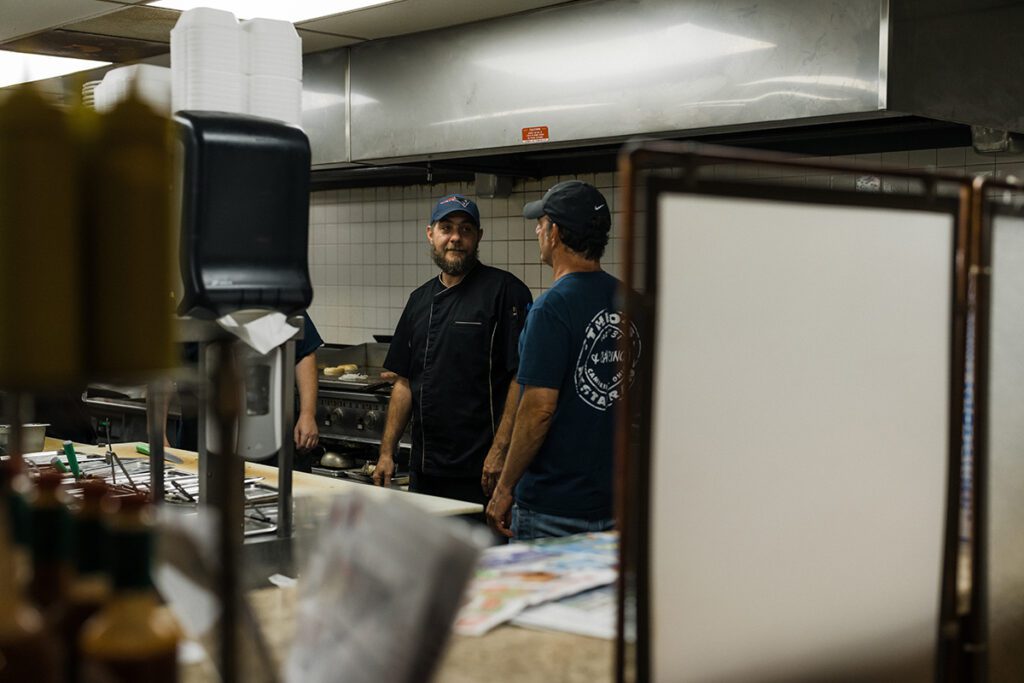
It’s funny because my dad grew up in the Depression. He was very intelligent and he could cook, but his main emphasis wasn’t on that or even on service. His main skill was squeezing the profit out of it. He would keep a very close eye on what he spent on everything and his bottom line. Always.
When I took it over, he stayed on as a bookkeeper and he was constantly giving me heck because my idea was to grow the restaurant, grow this business.
He was just harping and harping and harping on me because he didn’t like the money I was spending to grow the business until finally, I said, ‘Hey, let’s look at the Profit & Loss from your last year and let’s look at the Profit & Loss from this year. Let’s compare the bottom line.”’
He looked at his. He looked at mine.
He said, ‘Alright, there’s two ways of doing business.’
It’s one of the things that’s always made me smile about him.”
“With all that jumping around, this is actually my third time working at Theo’s. First as a kid, then coming back and helping the family with it for a while, to now owning it.
I’ve found that you have to create a work environment where people don’t think, ‘Gosh, I don’t want to go in today.’ I wanted to create a place that’s not stressful, the type of environment where everyone is friendly to each other and treats each other well. It’s all about teamwork.
One of my problems is that I am often too nice and too easy. It’s good for me to have someone who’s not as much like that, to be the balance. I can play a little ‘bad cop’ of course, but it’s not something I enjoy.
But honestly, I don’t really have to be because I feel we have a sense of trust, friendship and camaraderie here, where the crew doesn’t really want to let me down. They don’t want to let this place down because they feel like part of it is theirs, too.
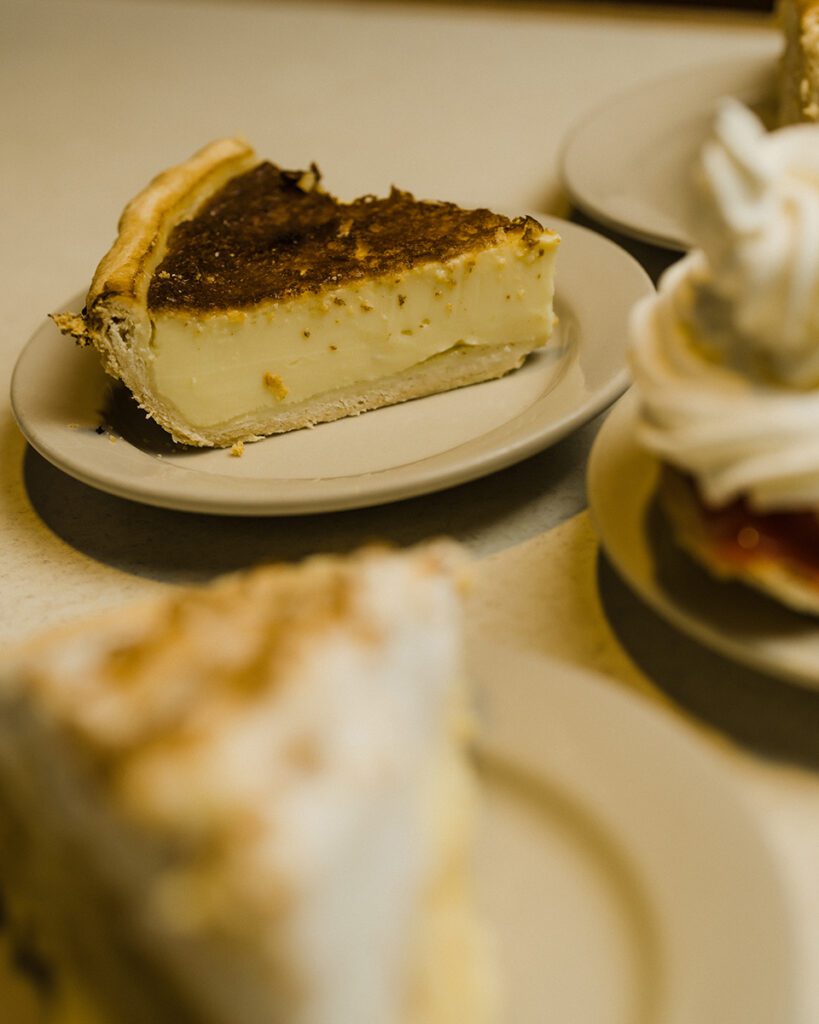
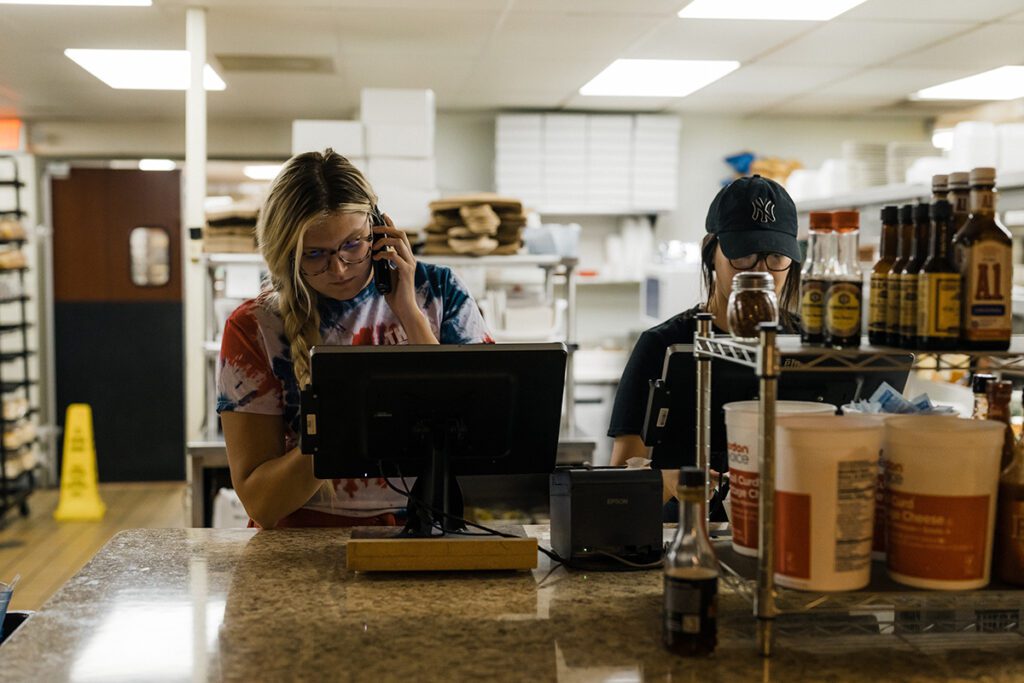
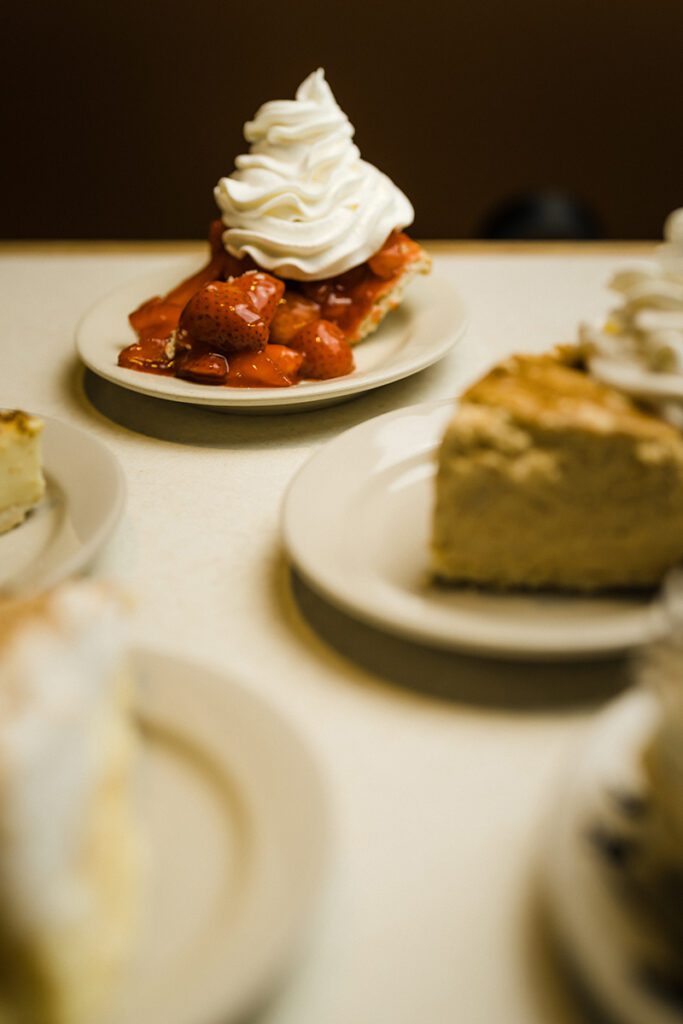
I like the challenge of the restaurant business. That’s why I’ve moved and took over three different restaurants. I just wanted a new challenge. I like growing them. I enjoy instilling new ideas and getting things going.
When we went down and took over the restaurant in Marietta, it was closed. It wasn’t doing anything. It took us about a year and a half of extremely hard work to get that turned around.
When we took over the second one, The Forum, it had been in operation for about six years, but the owner died just two years before. It took about a year and a half to run around or turn around, as well.
When I took over this one, the business was kind of stagnant and it needed an infusion of new ideas. It took this one a bit longer to turn around, because the norms were more established because of the history here.
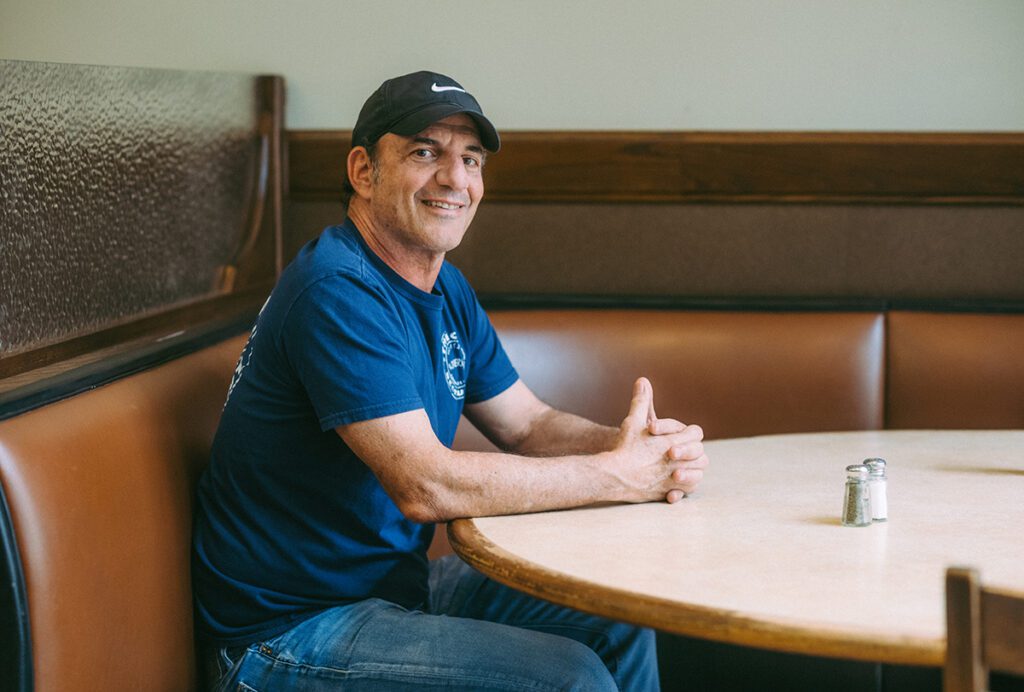
That’s what gets me going, figuring new challenges out. Now, we’ve started catering. We have a banquet room upstairs. We’ve changed it up a bit and added a few new things.
We did a little bit of extra catering before, but not much. About five years in, one of my servers said she wanted to take over the catering business and grow it. I have an innate sense of who to trust and she was a hard worker. She really cared. So, I trusted her to go out and do it.
After that, it went from a negligible part of our business, with the exception of COVID, to a third of our business in 2019.
It’s just the challenges of the business. Sometimes, they can be overwhelming though. 2020 was been a little overwhelming, I have to be honest. Between trying to find people to work and just the way it’s changed all of the things we had to do. We adapted very quickly, but it’s been real work.
Those things keep me young, I guess.
“When this restaurant started, downtown was the place to be. When my dad took it over, it was the same way. Then in the early 1970s, Interstate 70 went right by us cutting off 40 from being the route people traveled. With that, all the businesses started moving to the exits closer to the Interstate, creating a major challenge for the community.
After it was rebuilt in 1986 and I took it over in 1998, a lot had changed. By 2002, it had gotten a little stale and it needed a large infusion of money.
I decided I wanted to continue the legacy and the history of this place within my family. I committed to staying here and it’s worked out.
It was still doing well and business was growing. I had also bought the building next door because I wanted to expand. But then I had a personal decision to make: do I want to put that much money into a downtown that’s just not thriving now? Or do I want to take that investment and go to where all the other businesses are going?
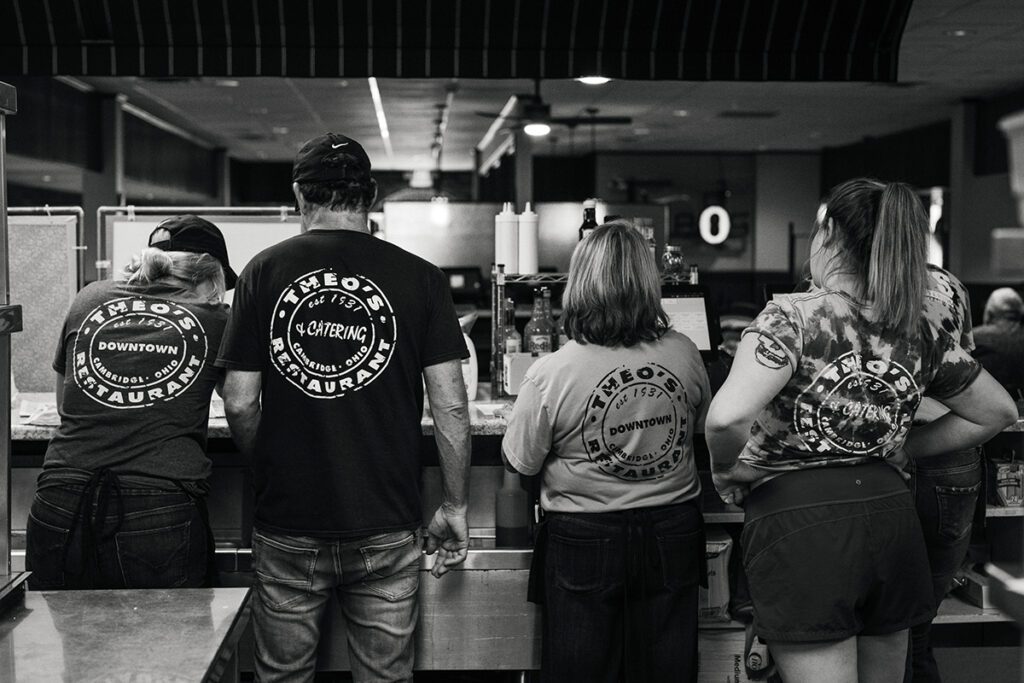
It took a lot of thought, but I decided I wanted to continue the legacy and the history of this place within my family. I committed to staying here and it’s worked out.
I think a lot of that comes from an innate ability to put defeats aside and not worry about it much, just strive for what’s ahead. I think about what I want to do and what we can do, not about what’s happened. Obviously, you’ve got to think about what’s happened and how you can make changes, but I don’t dwell on it. I guess I’m not a dweller. I don’t dwell on the negative things that have happened in my life, whether it’s been my fault or nobody’s fault.
Once I figured out that I enjoyed this business, I always wanted to stay in it. If you’re good at it, you can make money in this business, but you have to be good at it.”
“I gave a talk at the high school about owning a business for kids who might want to get into entrepreneurship, who want to do their own thing. I talked specifically about why I came back to Cambridge to do this, because it was two different times where I chose to return.
When I went off to college, I never planned on coming back. Then, when I went to Marietta, I thought I might just continue going south and eventually hit the ocean.
But I came back because it felt like the right thing to do. It came down to knowing, ‘This is where my friends are. This is where your family is.’ Yes, I could go to a bigger city, and there’s probably going to be more opportunity, but is it fulfilling? At the end of the day, what are you left with?
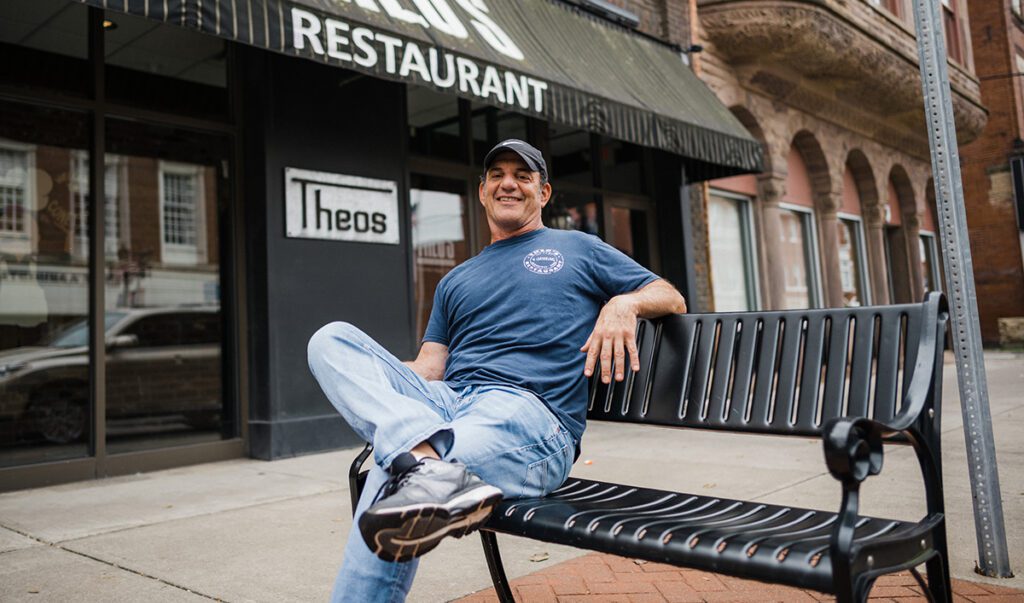
It depends on the person, really. Some people need the big city, and that excitement. When I came back, I felt like this is the place that makes me fulfilled. There’s fulfillment in doing work you love, in an area of need, that you feel comfortable in and making it work for you.
I think there’s always a brain drain in small communities because the kids go off to college and some don’t come back. But I will say, our civic leaders have done a good job of bringing in jobs that require college-educated or skilled people.
Everyone says, ‘You need to go find your thing.’ That’s good advice.
I would tell my son to leave, but come back if he wants to. I think there is value in going out there and experiencing things, and then coming back. It gave me a much better perspective of this community and what we have here, of what I enjoyed and what I wanted to do. Had I stayed here, I don’t know if my story would have turned out this way. It’s that perspective change that helps you see things in a new light.
“We rely on repeat business, repeat customers. Our prices are extremely reasonable. Our portions are good, so we need repeat business to make it work. We’ve managed to create a culture in the dining room, among our servers and workers, of treating people like family.
So we get a lot of people who come in every day for lunch. I mean, EVERY day on their lunch break, they come in. Now, we have a lot of specials that keep the menu fresh. But when you’re coming in every day, sooner or later, you think you’d get tired of it, right?
But they don’t. We have so many regulars that feel very comfortable here.
I got an email recently, about one of our customers. It was prom night on a Saturday, and this young couple was in for dinner before going to the dance.
An older couple finished dinner and went walking by their table. They saw the young couple there that wasn’t eating much because they didn’t have much money.
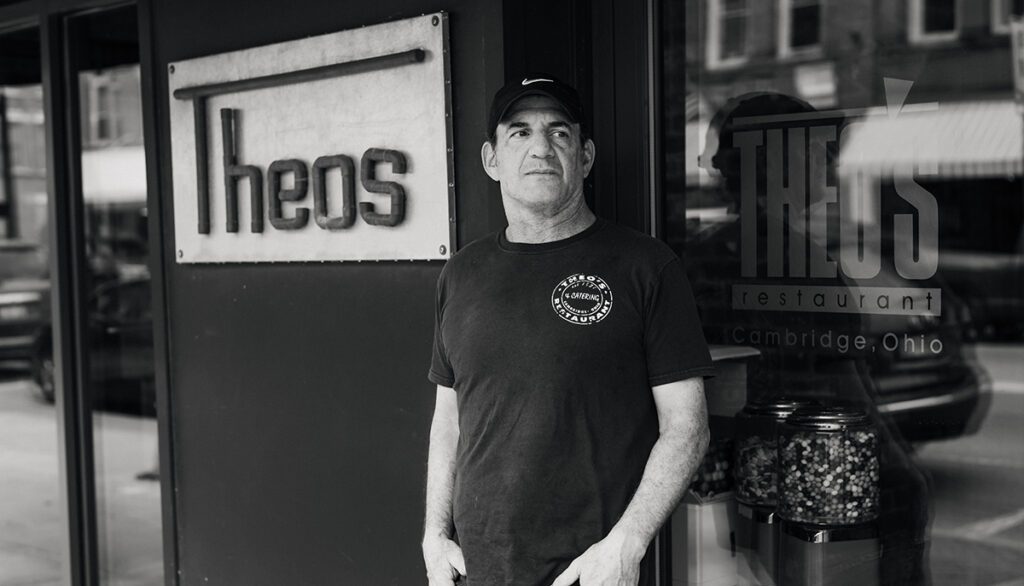
The gentleman handed the kid a $50 bill, he said, ‘Hey, I want you to enjoy yourselves tonight.’
He didn’t know who they were or anything. He didn’t say who he was.
The email I got was from the mother telling me what that couple gave to the kids and said, ‘This is the kind of people that you have in your restaurant.’
That type of thing makes us proud to be a part of the community. It makes me feel like I’ve accomplished something. When I walk through the dining room, I see all these familiar faces. I’m terrible with names, I will put that out here right now. But it’s just so nice that people feel comfortable coming in. When I walk through the dining room and there’s 10 full tables, I could sit down at any of them and talk to the people.
That makes this feel less like work and more like home.”
—Steve Theodosopoulos, Theo’s
Cambridge, Guernsey County
#WeAreOhioSE




